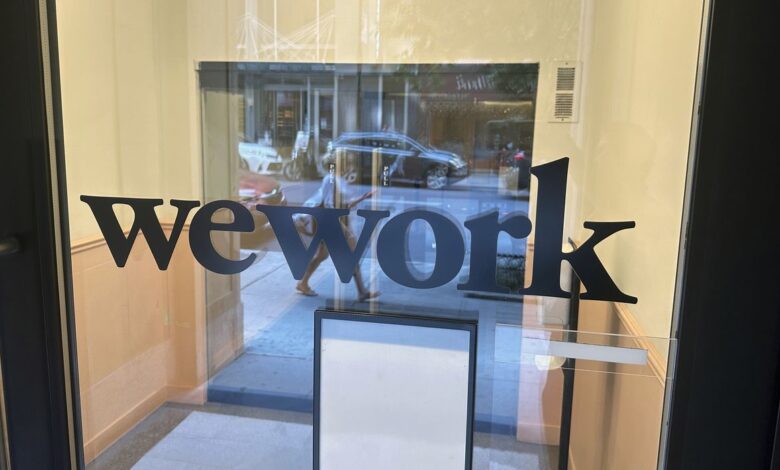
WeWork, once considered a Wall Street darling and a disruptor in the office sharing industry, has filed for Chapter 11 bankruptcy protection. This move comes as a shock given the company’s previous valuation of $50 billion and its ambitious vision to revolutionize the way people work globally.
In an announcement on Monday, WeWork stated that it has entered into a restructuring support agreement with stakeholders to significantly reduce its debt and evaluate its commercial office lease portfolio. The company is seeking the ability to reject certain non-operational lease locations as part of the bankruptcy filing, although specific details on the number of impacted locations were not disclosed.
WeWork CEO David Tolley expressed the need to address the company’s legacy leases and improve its balance sheet in order to propel its future forward. Despite its current financial struggles, Tolley believes that WeWork will remain the global leader in flexible work.
The downfall of WeWork has been a long time coming. The company’s aggressive expansion in its early years, coupled with its failed attempt to go public in 2019, raised concerns and led to the removal of founder and CEO Adam Neumann. Japan’s SoftBank stepped in to save WeWork by acquiring majority control.
WeWork has been burdened by high lease liabilities, which accounted for a significant portion of its operating expenses. The company aims to renegotiate leases and potentially exit underperforming locations to align with current market conditions.
In addition to real estate costs, WeWork has cited member churn and financial losses as contributing factors to its financial difficulties. The company’s ability to continue operations hinges on improving its liquidity and overall profitability.
The WeWork bankruptcy filing serves as a cautionary tale for companies that prioritize growth at all costs without establishing a sustainable business model. It also highlights the importance of adaptability in a rapidly evolving market.
As the dust settles on WeWork’s rapid descent, the office sharing industry may undergo a period of introspection and recalibration as players seek to learn from the mistakes made by their fallen peer.




